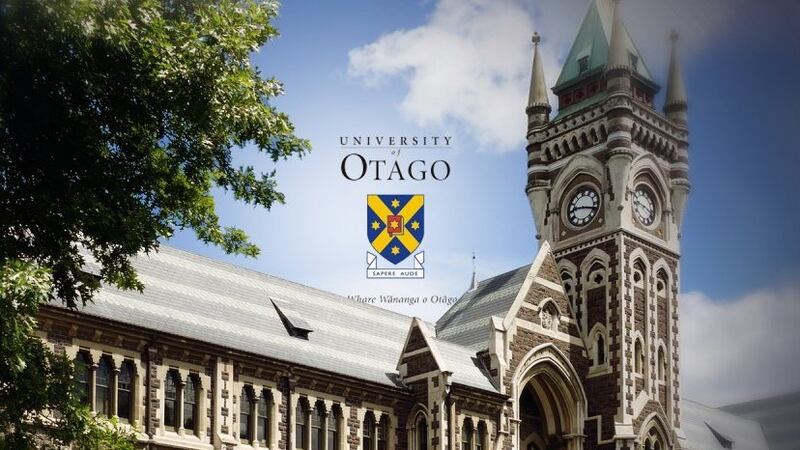Nineteen researchers and students from the University of Otago have been awarded $3.8 million as part of the latest Health Researcher’s Council’s Development Awards.
Mana Mitchell (Ngāti Maniapoto) is one of 13 staff and students who were given funding for Māori and Pacific Health research. His grant of $138,000 will use mātauranga Māori to guide biomedical research over the next 36 months.
Mitchell is two years into his PhD studies and three years into his medical degree. He says that today’s medical practices are not working for Māori, and is one of his drivers to want to do better in his research - for his people.
“Like most Māori, I’ve lost a few whānau members to extremely preventable diseases that affect Māori disproportionately. It’s a disparity that doesn’t seem to be going away,” he says.
Along with the research, he’ll be right into the third year of his PhD and also working in a hospital as a medical student.
Mitchell begins more research to close health disparities for Māori.
Some resistance
His research will take him to do interviews with tohunga, kaiako, and other Māori researchers.
He thinks a shift is occurring in mainstream medical practices moving towards the incorporation of mātauranga Māori but there is still some resistance to the notion. Mitchell says putting the indigenous perspective under the microscope, instead of the western, might make the worldview more comprehensive.
“I think there are still a lot of researchers and healthcare workers who are pretty quick to dismiss mātauranga Māori. I think that comes down to this misunderstanding of the relationship between philosophy and science.
“People have this idea that we measure and observe the world around us, and from there we start to formulate ideas and opinions. But our ideas change how we observe and measure the world and what we deem worthy of observation and measurement.”
Mitchell hopes that by going through his research he will find the knowledge of the past that was oppressed for so long may help change health disparities for Māori today.


